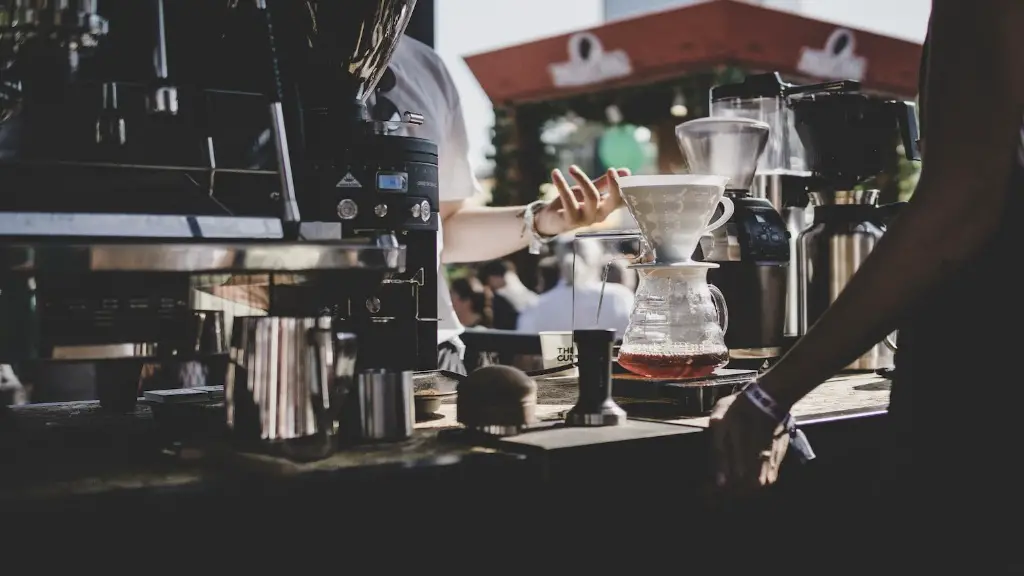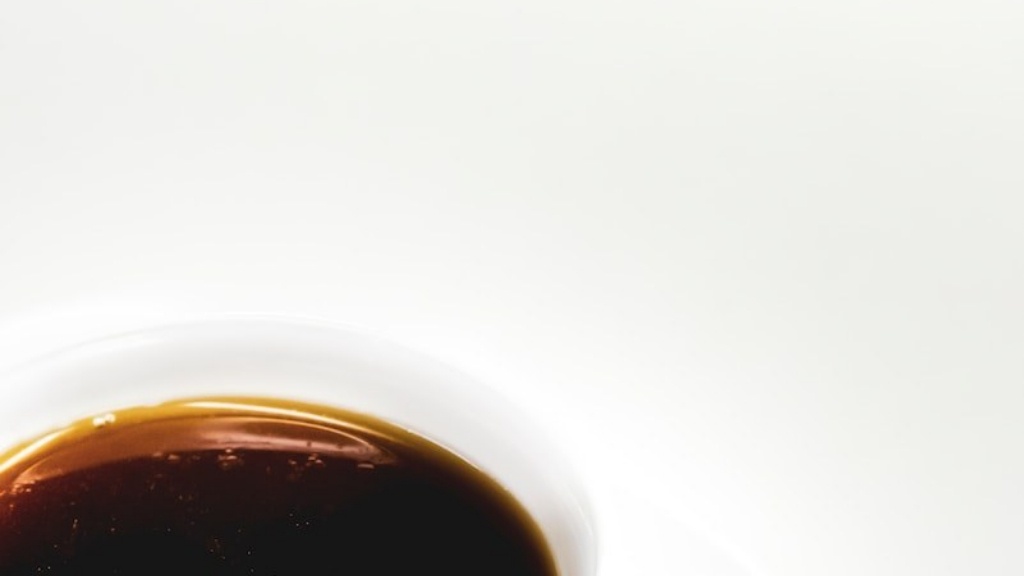Most people enjoy starting their day off with a cup of coffee – whether it is soothing, aromatic black coffee or cappuccino, it can bring us the much needed energy and caffeine kick. But, if we are not careful, drinking coffee immediately after eating can cause some uncomfortable side effects. But, how long is the right amount of time to wait after having a meal to indulge in a cup of coffee?
Some experts suggest that it can take around two hours after having a meal to wait before drinking coffee. This is because food takes time to digest and be absorbed by our body and the acidity from the coffee can interfere with the digestion process. In some cases, if you drink coffee before food has enough time to digest properly, it can cause gastrointestinal discomfort, such as feeling bloated, heartburn, gas, and indigestion.
However, some evidence suggests that drinking coffee immediately after a meal will not have negative health effects. It depends on what type of meal you eat. If you eat light and healthy meals that are easily digestible, it is ok to enjoy a cup of coffee after eating. For example, some experts suggest that it won’t have any kind of effect if you drink your coffee after eating a salad or a yoghurt.
In addition, there are some experts who think it is ok to drink coffee immediately after eating. They argue that newly-digested nutrients in our blood stream do not get exposed to significant increases when drinking a cup of coffee right after a meal. However, it is essential to note that excessive consumption of coffee can independently cause indigestion and heartburn, even if you do not drink it after a meal.
Therefore, it is important to be mindful of how your body reacts to drinking coffee. If you do not experience any kind of discomfort after having your cup of java, then it might be ok for you to drink it immediately after a meal. But, if you do find yourself facing indigestion issues, it is best to wait for at least two hours after eating to let your food digest before having your coffee.
When Should You Not Drink Coffee – The Do Not’s
Unless it is absolutely necessary, try to avoid drinking coffee at night, as the caffeine will make it hard for you to sleep and it can increase your risk of developing insomnia. You should also avoid drinking coffee on an empty stomach, as it can cause feeling of nausea and weaken your bones. Women who are pregnant should avoid drinking it as well, as it can increase the risk of miscarriage and preterm labor. Additionally, coffee is known to be diuretic, which can lead to dehydration.
Vital Keys For Healthy Coffee Consumption
If you love drinking coffee, you will need to be mindful of how much you drink per day. Try sticking to between two to four cups of your favourite brew, to keep your body healthy and happy. Also, try to use organic, fair-trade, or shade-grown coffee beans, as the pesticides and fertilizers used on some coffee farms in developing countries can be toxic and can have adverse effects on your health. Furthermore, feel free to sweeten your coffee with natural sweeteners like agave nectar, dates, and coconut sugar, instead of unhealthy processed sugar. Lastly, if you are buying coffee from a café, always double-check which type of milk they are using – opt for oat milk or almond milk, as these are the most nutritious, non-dairy milks.
The Benefits of Coffee
We all know about the stimulating effects that coffee can have on our system, but it can also have some very positive effects on our overall health. For example, drinking coffee can reduce your risk of heart disease, dementia, diabetes, and even cancer. It can also improve mental clarity and alertness, and help reduce stress, depression, and anxiety levels. Furthermore, it is a rich source of antioxidants and can help boost your metabolism, which can aid in weight loss.
The Side-effects of Coffee – The Ugly Part
Too much of anything can be bad for your health, and coffee is no exception. Too much coffee can lead to an increase in anxiety levels, headaches, and restlessness. Also, coffee contains a significant amount of caffeine, so if you are drinking too much of it, you can increase your risk of developing high blood pressure and heart palpitations.
What’s the Appropriate Time Between Eating and Drinking Coffee?
It depends on the individual and on what type of food you have eaten. In general, it is best to wait for two hours after a meal before having a cup of coffee. On the other hand, if you have eaten a light meal that is easy to digest, you can have your coffee immediately after eating. Ultimately, it is about finding what works for you and listening to your body – if something does not feel right after drinking coffee, then it is best to wait for your food to properly digest before having your coffee.


